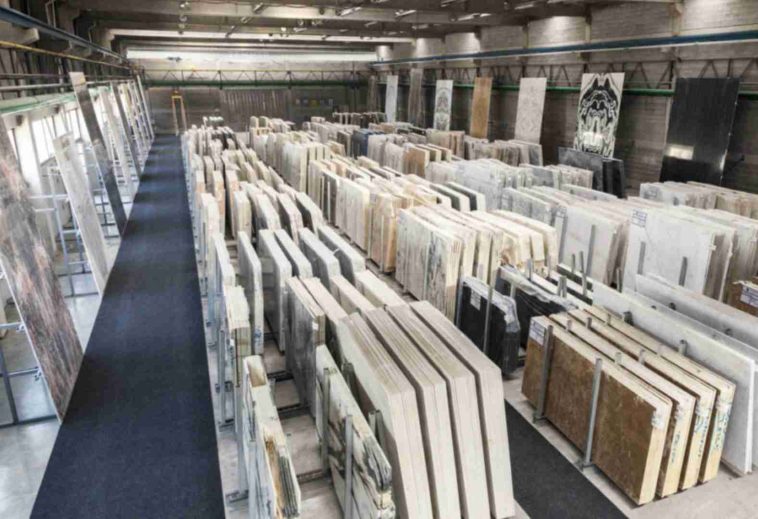Turkey is renowned for its rich natural resources, and one of the most significant among them is marble. The Turkish marble market plays a crucial role in the global stone industry, making Turkey one of the leading suppliers of high-quality marble. This post explores the importance of the Turkish marble market, its global impact, and why it continues to be a cornerstone of the natural stone industry.
The Importance of the Turkish Marble Market: A Global Gem
Turkey is renowned for its rich natural resources, and one of the most significant among them is marble. The Turkish marble market plays a crucial role in the global stone industry, making Turkey one of the leading suppliers of high-quality marble. This post explores the importance of the Turkish marble market, its global impact, and why it continues to be a cornerstone of the natural stone industry.
Historical Significance
Turkey’s history with marble dates back thousands of years. The country is home to some of the oldest marble quarries in the world, which have supplied materials for iconic structures such as the Hagia Sophia and various ancient Greek and Roman temples. This long-standing tradition underscores the deep connection Turkey has with marble and its enduring presence in architectural history.
Abundant Resources
Turkey boasts some of the largest marble reserves in the world, with over 80 different types of marble found across its regions. This includes varieties such as:
- White Marble: Known for its purity and elegance.
- Beige Marble: Popular for its versatility and warm tones.
- Travertine: Valued for its unique textures and durability.
- Onyx: Praised for its translucency and vibrant colors.
These diverse types provide ample options for designers, architects, and builders, ensuring that Turkish marble can meet a wide range of aesthetic and functional needs.
Economic Impact
The marble industry significantly contributes to Turkey’s economy. It provides employment to thousands of workers, from quarrying and processing to marketing and sales. The export of marble and other natural stones brings in substantial revenue, making it a vital sector in Turkey’s trade economy. Key markets for Turkish marble include the United States, China, India, and several European countries, demonstrating its broad international appeal.
High-Quality Production
Turkish marble is renowned for its quality. The country’s quarries utilize modern extraction techniques and processing methods, ensuring that the marble meets the highest standards. Advanced technology allows for precise cutting, polishing, and finishing, resulting in products that are not only beautiful but also durable and consistent.
Global Influence
The influence of Turkish marble extends far beyond its borders. It is a preferred material in numerous prestigious projects worldwide, including luxury hotels, high-end residences, commercial buildings, and monumental structures. The aesthetic appeal and durability of Turkish marble make it a sought-after choice for architects and designers aiming to create timeless, elegant spaces.
Sustainability and Innovation
The Turkish marble industry is also making strides in sustainability. Efforts are being made to reduce the environmental impact of marble extraction and processing. This includes the implementation of more eco-friendly quarrying practices and the recycling of waste materials. Additionally, Turkish companies are investing in innovation, developing new products and finishes that cater to modern design trends while maintaining the timeless appeal of natural stone.
Cultural Significance
Marble is not just a building material in Turkey; it is a cultural symbol. It represents the country’s rich heritage and its contributions to art and architecture. The use of marble in Turkey’s historic buildings and contemporary projects alike highlights its enduring value and significance.
Future Prospects
The future of the Turkish marble market looks promising. With ongoing investments in technology and sustainability, Turkey is well-positioned to maintain its status as a leading marble supplier. The demand for natural stone continues to grow, and Turkish marble, with its variety, quality, and beauty, is poised to meet this demand.
Conclusion
The Turkish marble market is a pillar of the global stone industry. Its historical roots, abundant resources, economic impact, and high-quality production make it indispensable. As the world continues to appreciate the beauty and durability of natural stone, Turkish marble stands out as a prime choice for a multitude of applications, from luxury architecture to everyday construction. The market’s commitment to sustainability and innovation ensures that Turkish marble will remain a significant player on the global stage for years to come.




GIPHY App Key not set. Please check settings